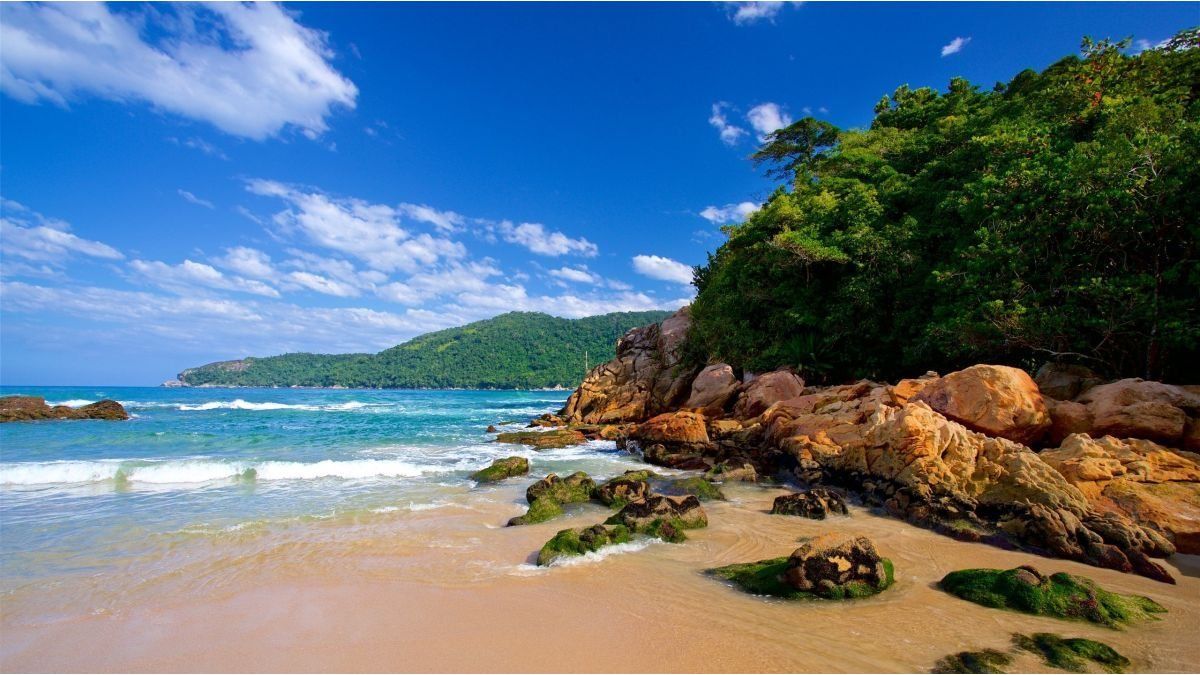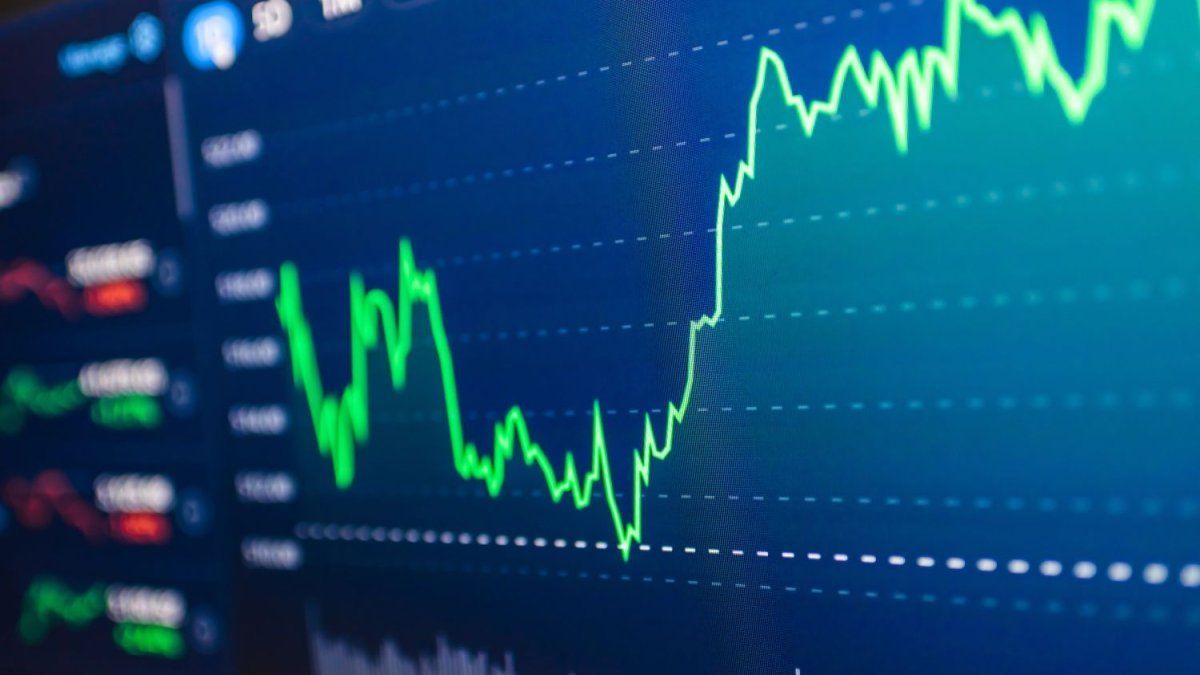Austria continues to arm itself against a failure of Russian gas. Industrial companies that store gas are given collateral. They should also be able to dispose of their gas reserves themselves in the event of a crisis. Only when system stability requires it does the state access these reserves in exchange for compensation.
Right at the beginning of the plenary session, Infrastructure Minister Leonore Gewessler (Greens) provides information on this and other topics in “Question Time”. Another focus of the second session of the plenary week is a referendum against compulsory vaccination, which was signed by a good 269,000 Austrians.
The live stream starts at 9 a.m.:
This video is disabled
Please activate the categories Performance Cookies and Functional cookies in your cookie settings to view this item. My cookie settings
Unsuccessful demand for new elections
It is also decided that people displaced from Ukraine will be covered by the integration law, which means they are entitled to language courses, for example. Various corona regulations in the judiciary are being extended. This creates the possibility for a further six months to carry out certain hearings, oral hearings and taking of evidence using suitable means of communication for word or image transmission.
The first day of the plenary week ended on Wednesday evening after around twelve hours of debate. It was decided, for example, to increase student grants and slightly expand social assistance. A motion by the FPÖ to set a deadline for new elections did not find a majority.
Source: Nachrichten




